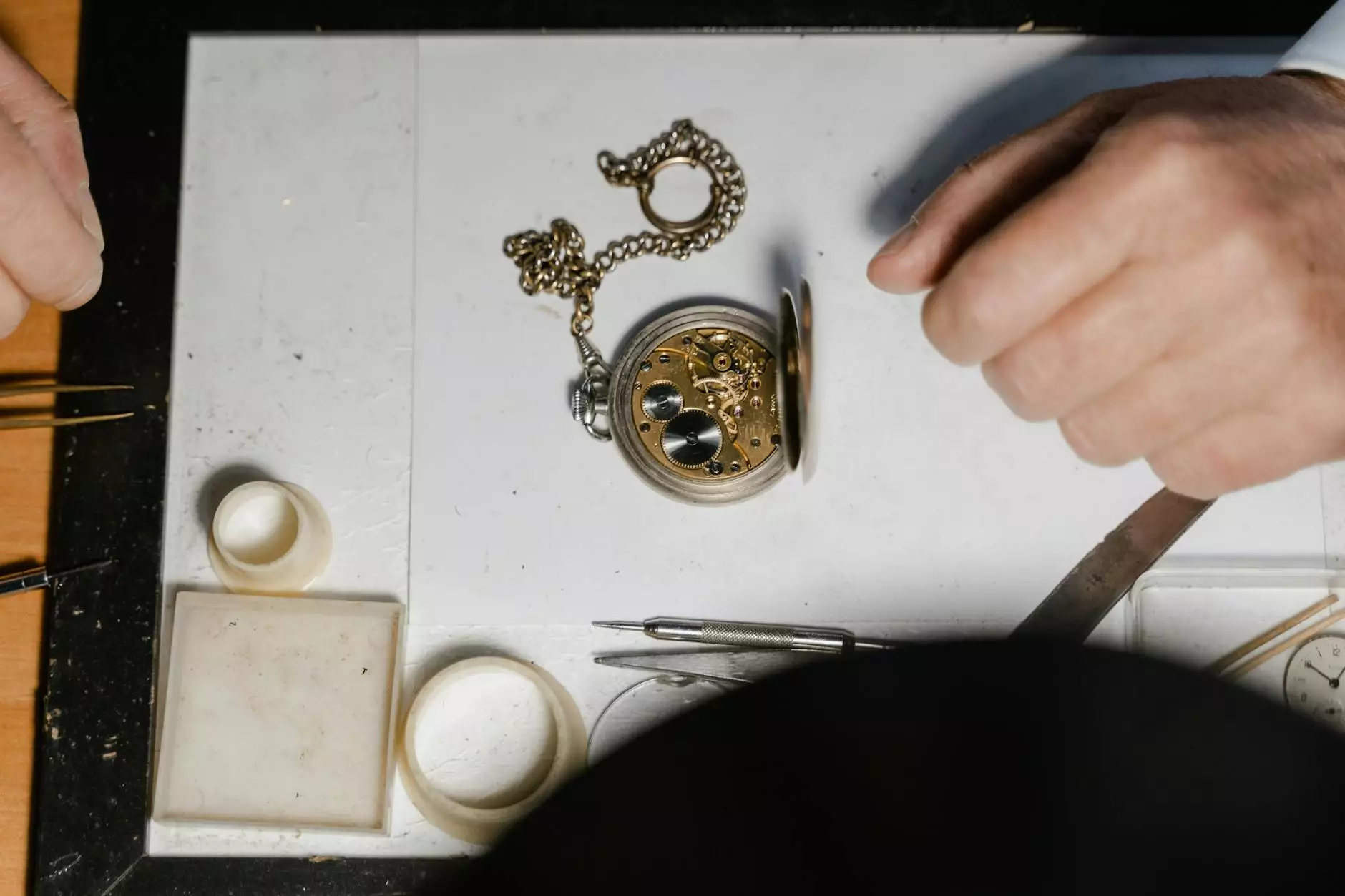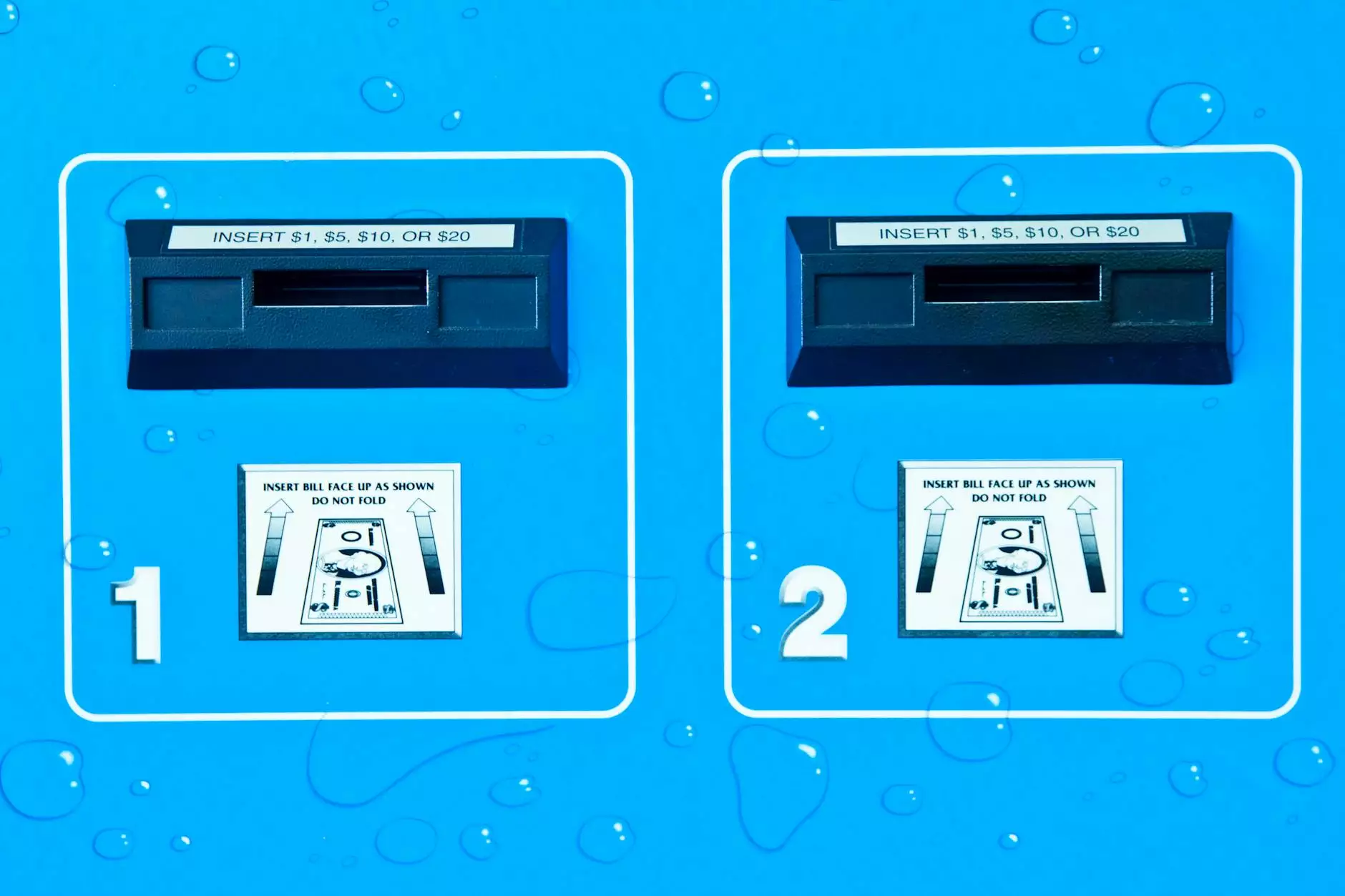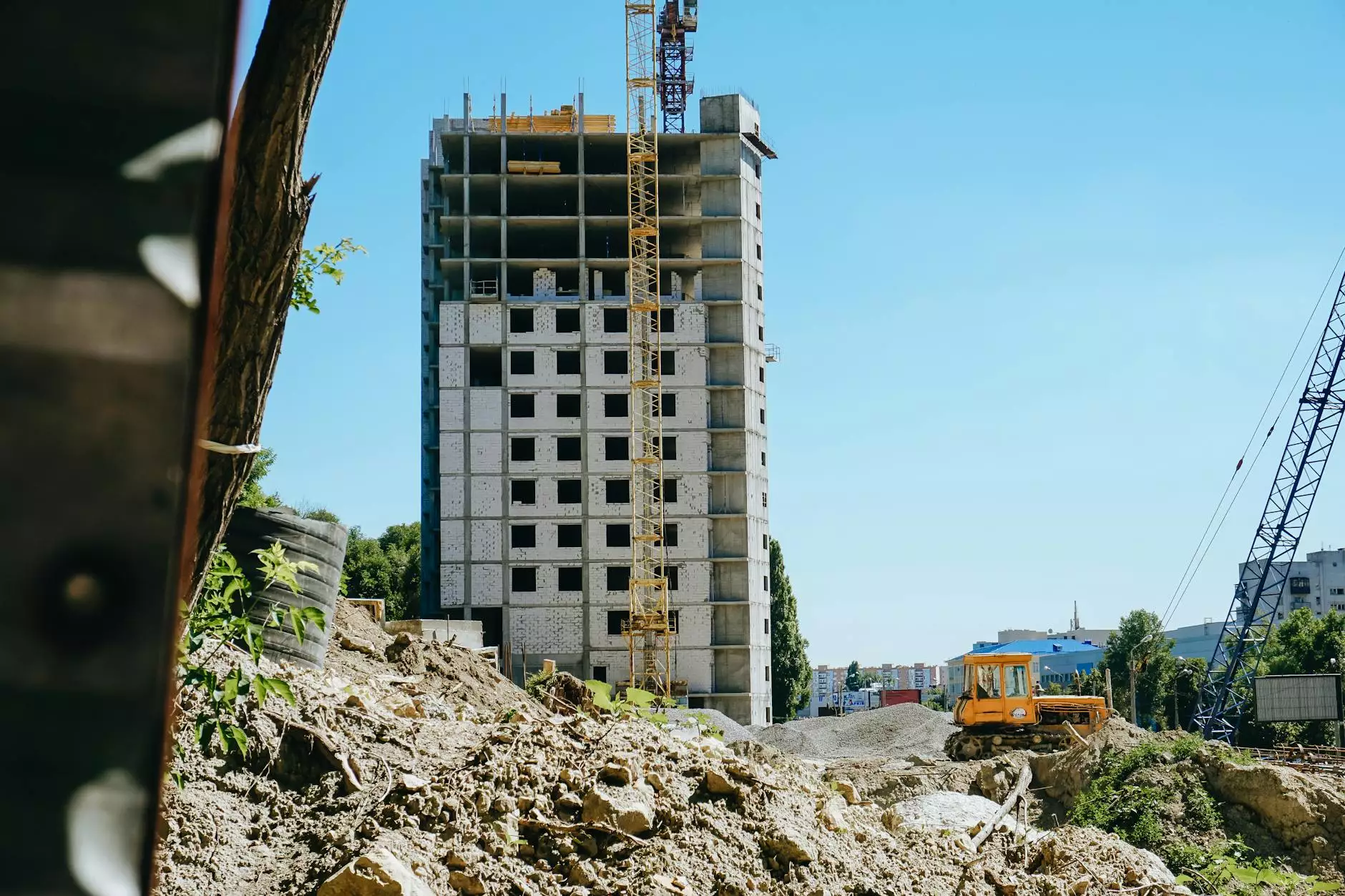The Growing Demand for Biohazard Technician Jobs

The field of biohazard cleanup is rapidly gaining recognition as an essential service in modern society. As communities face a multitude of environmental and health challenges, the need for skilled professionals in this area is more critical than ever. This article delves deep into the opportunities and responsibilities associated with biohazard technician jobs, highlighting why this career path is not only rewarding but also vital to public health and safety.
What is a Biohazard Technician?
A biohazard technician is a specialized professional tasked with the safe cleanup and removal of biological hazards. These hazards can include bacteria, viruses, bodily fluids, and other materials deemed unsafe for human interaction. The role of a biohazard technician is crucial for maintaining cleanliness and safety in residential, commercial, and public spaces after incidents such as traumatic events, suicides, crime scenes, or industrial accidents.
Duties and Responsibilities
The duties of a biohazard technician are varied and can be physically and emotionally demanding. They encompass a range of critical roles, including:
- Site Assessment: Evaluating the extent of the biohazard contamination and determining the appropriate cleanup procedures.
- Containment: Setting up barriers and containment measures to prevent cross-contamination to unaffected areas.
- Cleanup: Utilizing specialized equipment and techniques to safely remove hazardous waste and sanitize the area.
- Disposal: Following strict regulations to ensure that biohazardous materials are disposed of properly, safeguarding public health.
- Documentation: Keeping accurate records of the cleanup process, including photographs and reports, for compliance and future reference.
- Communication: Collaborating with law enforcement, medical professionals, and property owners to ensure a clear understanding of the cleanup process and safety protocols.
Skills Required for Biohazard Technician Jobs
Individuals interested in pursuing biohazard technician jobs must develop a unique skill set to be successful. Some essential skills include:
- Attention to Detail: Thoroughness is critical in biohazard cleanup to prevent any residual contamination.
- Physical Stamina: The job often requires heavy lifting, long hours, and working in challenging conditions.
- Problem-Solving Skills: Technicians must be able to think on their feet and make quick decisions in high-pressure situations.
- Communication Skills: Effective communication with the team and clients is crucial for a successful cleanup.
- Knowledge of Safety Protocols: Familiarity with OSHA regulations and best practices for handling hazardous materials is essential.
Education and Training for Biohazard Technicians
While specific educational requirements can vary by employer, the following qualifications are generally beneficial for those aspiring to enter biohazard technician jobs:
- High School Diploma or GED: A foundational education is necessary to understand basic safety and cleanup protocols.
- Specialized Training: Many technicians complete training programs that focus on hazardous material cleanup and safety procedures.
- Certification: Obtaining certifications related to biohazard cleanup, such as the IICRC’s Trauma and Crime Scene Cleanup certification, can enhance job prospects.
- Experience: Hands-on experience, whether through internships or entry-level positions in related fields, is invaluable.
Job Outlook and Opportunities
The demand for biohazard technicians is on the rise due to several factors:
- Increasing Awareness: More people are recognizing the importance of professional biohazard cleanup services for health and safety.
- Aging Population: As the population ages, incidents that require biohazard cleanup, such as hoarding situations or medical emergencies, are becoming more common.
- Environmental Factors: Natural disasters and industrial accidents contribute to the need for trained technicians to manage hazardous cleanups.
- Regulatory Changes: Stricter environmental and health regulations create a continuous need for compliance, ensuring that qualified professionals are always required.
Income Potential for Biohazard Technicians
The income for biohazard technicians can vary based on several factors, including location, level of experience, and the complexity of the job. However, here are some key points about the income potential:
- Entry-Level Positions: Technicians just starting in the field can expect to earn a salary ranging from $30,000 to $40,000 annually.
- Experienced Technicians: With a few years of experience and specialized training, salaries can rise to between $50,000 and $60,000.
- Advanced Roles: Supervisory or managerial positions within biohazard cleanup companies can command salaries over $70,000 with further specialization.
Conclusion
The role of a biohazard technician is not only a fulfilling career choice but also an essential service that contributes significantly to public health and safety. As the demand for trained professionals in biohazard cleanup continues to grow, those considering biohazard technician jobs will find a field ripe with potential, stability, and the opportunity to make a real difference in their communities. If you’re interested in pursuing this rewarding career, consider investing in the necessary training and certification to set yourself apart in a competitive job market.
By choosing this critical profession, you're stepping into a role that not only supports the health of your community but also provides a sense of accomplishment as you tackle the challenges of biohazard cleanup. Whether contributing to a healthier environment or supporting families during difficult times, biohazard technicians play a pivotal role in maintaining safety and hygiene.
For more information on how to get started in this career, explore resources available at Biohazard Plus, where we provide training and support for aspiring professionals in the field of biohazard cleanup.









